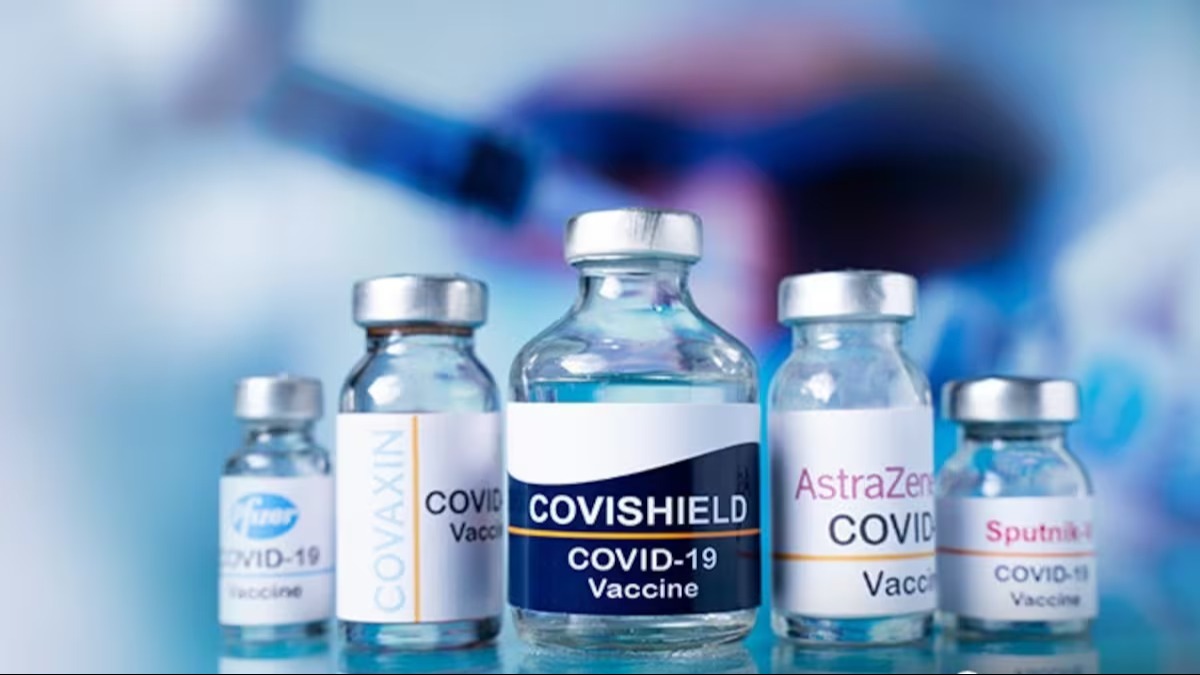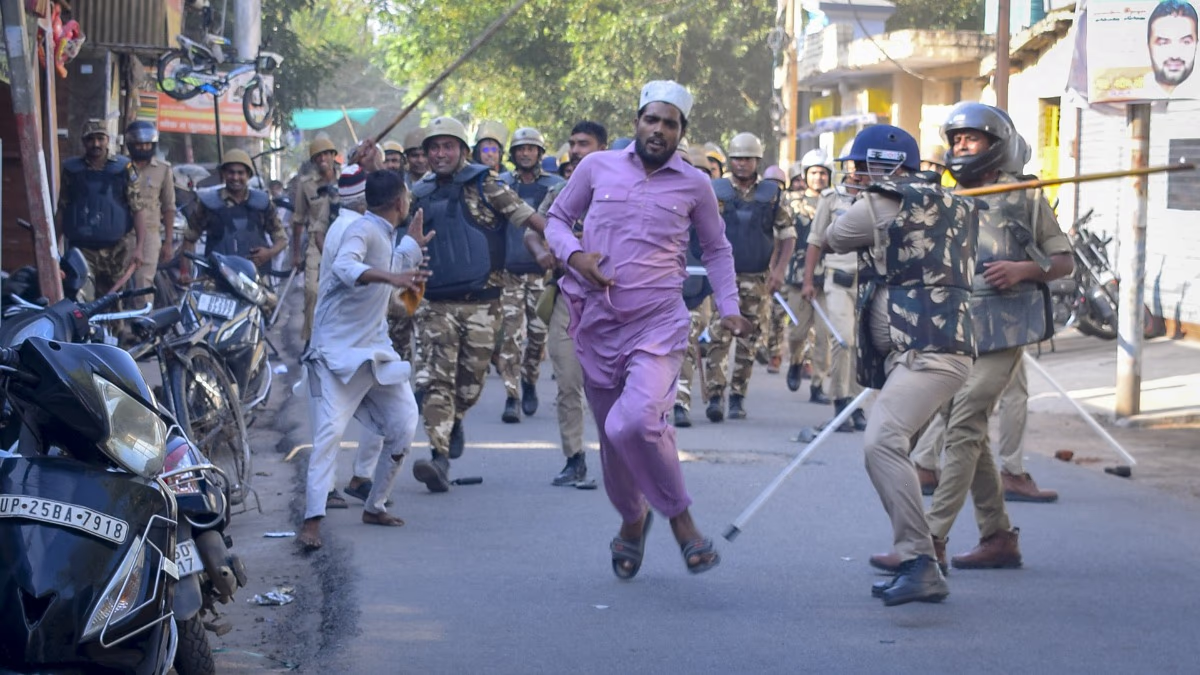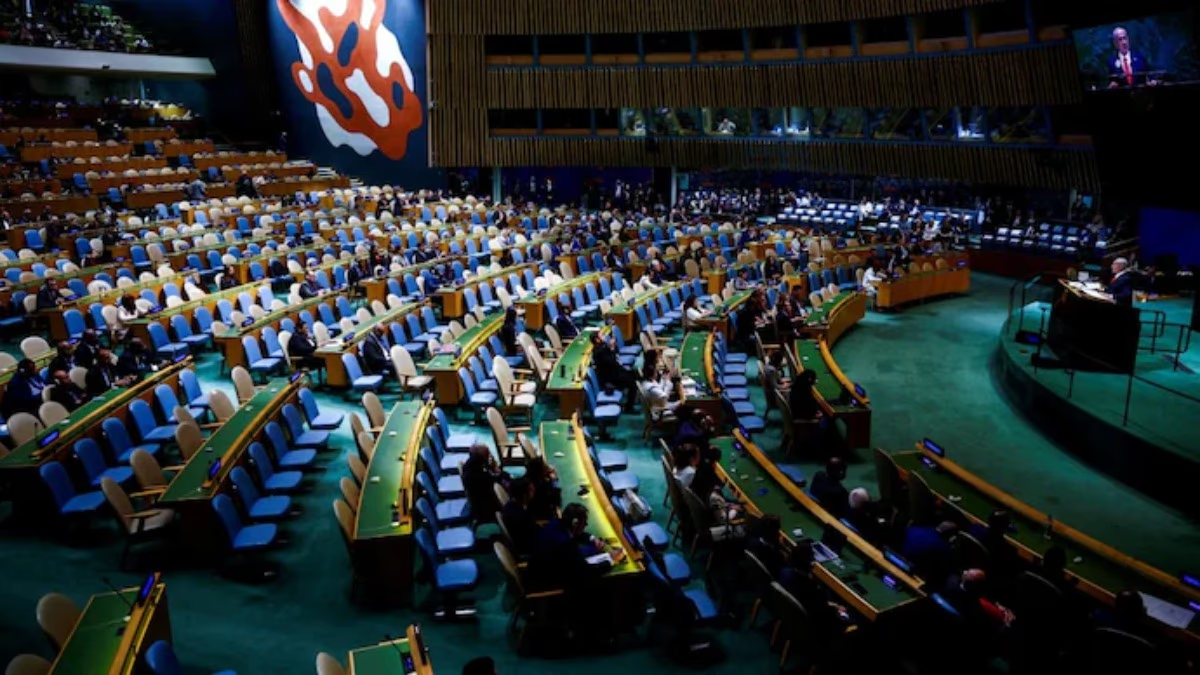Pharmaceutical giant AstraZeneca has admitted that their COVID-19 vaccine may cause rare
side effects
India's Serum Institute manufactured Covishield using AstraZeneca's formula. According to British media, there are 51 ongoing lawsuits against the company. There have been dozens of cases where charges have been made alleging that the vaccine led to deaths and serious illnesses.
AstraZeneca's statement to India Today
In a conversation with India Today, AstraZeneca said, 'We sympathize with those who have lost loved ones or experienced health problems. Patient safety is our utmost priority, and our officials have clear and strict standards to ensure the safety of all medicines, including vaccines.'
'Based on trials and research, the AstraZeneca-Oxford vaccine has proven to be safe, and scientists around the world continually say that vaccination side effects are extremely rare compared to the benefits.'
What Indian doctors are saying
India Today spoke to doctors who have closely studied the pandemic. Let's find out what they have to say on this issue.
Apollo Hospital Hyderabad neurologist Dr. Sudhir Kumar stated that AstraZeneca acknowledged in court that the risk of TTTS (Thrombocytopenia Syndrome with Thrombosis) as a side effect of their vaccine sold under the names Covishield and Vaxzevria is very low. TTTS has been associated with adverse effects of many vaccines, including those for COVID.
Understanding TTTS
TTTS is a rare condition where blood clots form throughout the body and the number of platelets in the blood reduces.
Co-Chairman of the National Indian Medical Association, Dr. Rajeev Jayadevan said, 'These are reports by British media during legal proceedings in Britain. The rarity of vaccine-related TTTS has been discussed before. In fact, WHO published a report on it back in May 2021.'
People in India who were vaccinated nearly 2 years ago are very concerned, should they be worried?
Dr. Sudhir Kumar on vaccine-related adverse effects said that side effects typically occur within a few weeks (1-6 weeks) after vaccination. Hence, there is no need for concern among those who were vaccinated 2 years ago in India.
Dr. Rajeev Jayadevan stated that these side effects mostly occur within the first month after the first dose, not afterwards.
Status of TTTS after vaccination in India
Dr. Sudhir mentioned that there have been no reports of TTTS following vaccination, only isolated cases. Millions of doses have been administered, making post-vaccination TTTS extremely rare.
Are there any new revelations?
According to Dr. Sudhir, cases of TTTS have been reported worldwide since COVID vaccination started in 2021. Therefore, these revelations are not new.
Was TTTS previously unknown to the world?
Dr. Sudhir stated that TTTS has been around for the last 100 years and is well-known. The first known case appeared in 1924 in a 16-year-old girl named Eli Moschcowitz. We have known about TTP since 1982, and it has been part of the medical curriculum for the last four decades.
Many people have experienced blood clots and cardiac arrest; can this be linked to the vaccine?
Dr. Sudhir acknowledged that COVID vaccines may slightly increase the risk of blood clots. However, the chance is very low, and the majority of cardiac arrest or heart attack cases are not due to the vaccine. Numerous scientific studies from India and other countries confirm this. The risk of blood clotting from COVID infection is much higher compared to the vaccines.
TTTS can occur within the 4-week period following the coronavirus vaccine, but what can cause cardiac arrest in young individuals?
Dr. Sudhir explained that cardiovascular issues in the younger population are often due to traditional risk factors such as sedentary lifestyle, obesity, diabetes, high blood pressure, lack of sleep, stress, high cholesterol, and the consumption of ultra-processed packaged foods. The risk has increased from COVID infection, but the vaccine is rarely responsible.
Is Covaxin better than Covishield?
Dr. Sudhir says that TTTS has been associated with all COVID vaccines, so there isn't sufficient data to compare one COVID vaccine to another. TTTS has also been reported with other vaccines like the flu, pneumococcal, H1N1 vaccinations, and rabies vaccine.
Dr. Jayadevan said both vaccines are effective. There is no need to say that one is better than the other. All vaccines and medical treatments have some side effects. Millions of vaccinated people in India are alive and healthy. Without vaccinations, many would not have survived today.
Why did some countries initially reject the AstraZeneca vaccine early in the pandemic?
Dr. Sudhir said that the main concern was vaccine safety, including the risk of blood clotting from the vaccine.
Dr. Jayadevan mentioned that different countries have different priorities, resources, limitations, and protocols for vaccination.
Dr. Cyriac Abby Philips, a hepatologist popularly known as the 'X Liver Doctor' on social media platforms, says, 'There is no robust data to support that COVID vaccination causes heart diseases in young people. This is old anti-vaccine propaganda spread by science-denying communities.'
He pointed out that there is no direct link between the COVID vaccines used in India and the risk of heart attacks.




